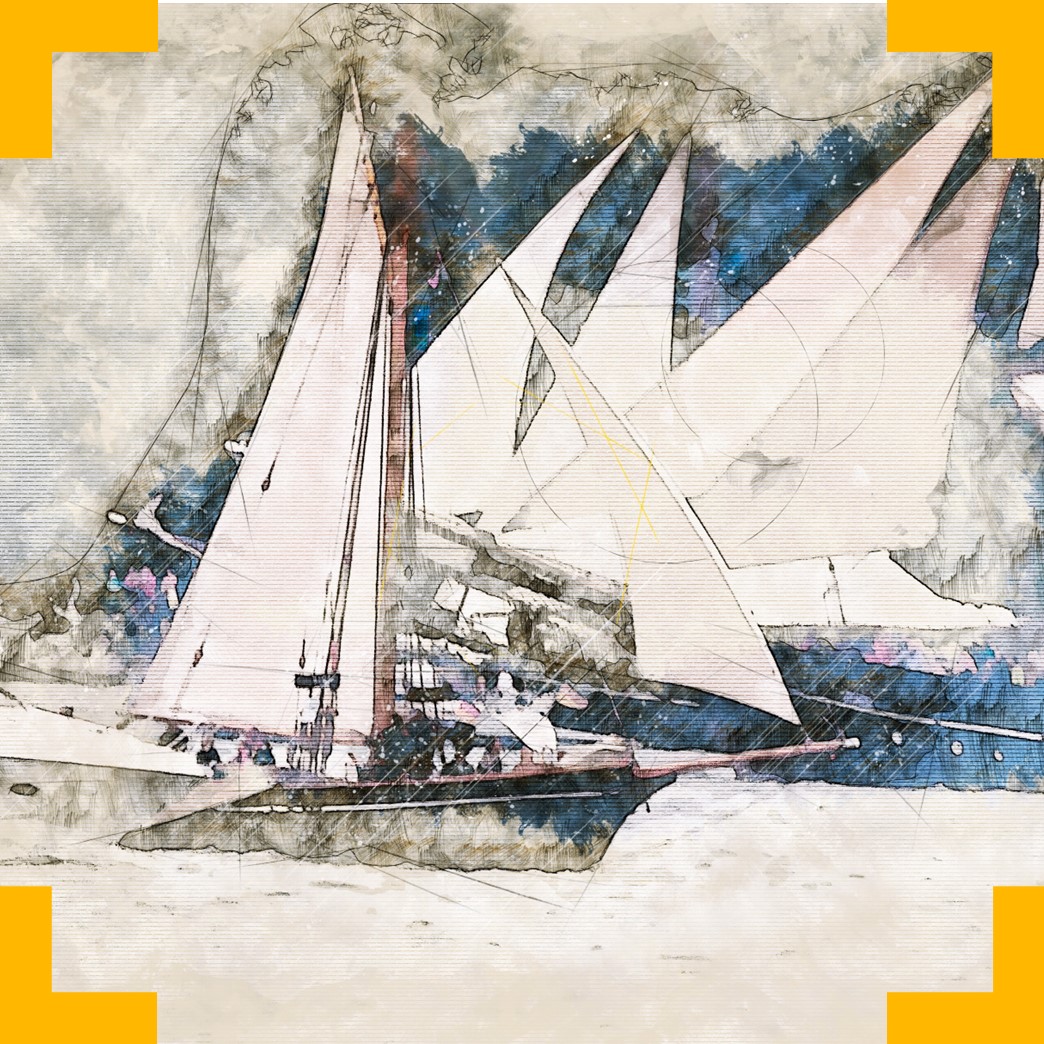Think Tanks: Humans and Oceans
This Ideas Exchange project aims to host a workshop to explore the entangled history of the sea, and in doing so improve our understanding of how the oceans contribute to human wellbeing.

The world’s oceans are increasingly at the forefront of environmentalist narratives, whether through images of arctic melt, vast garbage gyres, or sprawling oil spills. But they are more than a mere archive of anthropogenic harm. In addition, the seas bear the traces of migrant histories; they are the sites upon which new energy futures are being tested; and they have featured in significant ways in the cultural history of our islands. Despite its frequent depiction as an alien space situated beyond the realms of human history, the ocean is in fact intimately entwined with our everyday lives.
What did the project involve?
Capitalising on the wide-ranging expertise of its participants, this Ideas Exchange project aimed to host a workshop to explore this entangled history, and in doing so improve our understanding of how the oceans contribute to human wellbeing. By focusing on the concept of ‘ocean literacy’, which aims to establish the reciprocal relationships human health and ocean health, the research team asked participants to think about what it means to ‘live well’ in an oceanic context. By addressing themes such as sustainability, conservation, multispecies relationships, maritime history and ‘ocean blindness’, it helped to define new ocean pedagogies that can empower learners to create positive change.
Who are the team and what do they bring?
- Laurence Publicover (Humanities, University of Bristol) has taught ‘Literature and the Sea’, and co-runs the ‘Perspective from the Sea’ research cluster. He has developed several projects cultivating cross-disciplinary approaches to the oceans, including the recent ‘Invisibility of the Sea’ Brigstow project, which produced a series of artworks by Rod Harris, a Brigstow ‘working paper’, and an article in The Conversation co-written with the oceanographer Kate Hendry. Publicover is also recording three sea-themed short films for Bristol Futures over the summer of 2018.
- Alex Campbell’s (Bath Spa University) research combines new movements in critical ocean studies and the Energy Humanities to examine contemporary narratives of the ‘techno-ocean’ in North Atlantic Literature, focusing on discourses of extraction, disposal and transmission at sea.
- Eleni Michalopoulou (Chemistry, University of Bristol) is a PhD student focusing on understanding specific greenhouse gas emissions coming from industries such as the aluminium and semiconductor industry. And has been lecturing in the Sustainable Development Unit of Bristol Futures focusing mostly on human/ocean interactions, marine pollution, marine conservation and history and philosophy of science. A physicist with a major in oceanography, she has carried out marine conservation in the Aegean and was the co-lead of an interdisciplinary expedition that combined marine research and conservation with maritime archaeology in Albania. Eleni is also part of an NGO called Deep Blue Explorers that has been doing marine research and conservation as well as outreach in Croatia.
What were the results?
The workshop involved academics in various disciplines from the University of Bristol, UWE and Bath Spa University, as well as local charities and heritage organisations and local artists. A part of the workshop involved designing a programme of three site specific events to take place over the academic year 2018-2019 and aligning with the historical, social and spatial dimensions of their venues. These events allowed all three universities to connect ongoing research on the sea with existing community initiatives, to involve their students in outreach work, and to embark on new educational partnerships with local schools.

